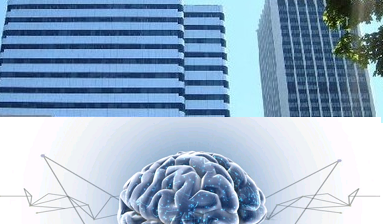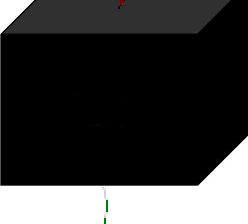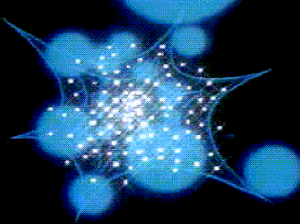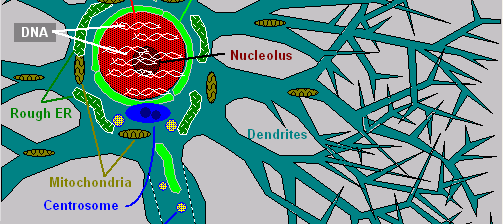Category Archives: Ontology
07 Sep Quest for the Knowledge Enterprise

Do you need a Private Eye? As an Intelligence Professional, my mission was to seek out information that others were trying to conceal. Do you ever feel like that is too often your task when trying to find the answers to life’s persistent questions, or even something you need to buy? In an enterprise, those answers […]
31 Aug Building a Cathedral of Knowledge

Good fiction, especially good historical fiction, gets my brain spinning. Ken Follett‘s The Pillars of the Earth and World Without End describe the technology, born in the “Dark Ages” in which mortal men were able, with limited technologies, to build edifices that could stand throughout the ages. At the same time as Mr. Follett’s mythical cathedral […]
29 Aug Black Boxes: Specialized Areas of the Brain

The Black Box Black Box is a term used to describe a mechanical device that does something inside, but whose functions are not visible from the outside. Specialized areas of the brain may operate as black boxes. Activation flows in and activation flows out, and what happens inside may have no direct affect on other […]
21 Aug How Do You Think?

Weighing the Options As part of my quest for the truly intelligent system, I have invested much in investigating and attempting to describe how people think. I am particularly concerned with how people integrate multiple ideas or constraints into their thinking and decision-making processes. More ideas help make better decisions: consider my posts on exformation and […]
18 Aug Neuromorphic Computing

To Mimic is Human When is imitation not flattering or sincere? I try to be sincere in my blogging, and I have tried not to unnecessarily emphasize the computing ability of the human brain, but the whole point of this blog is to imitate it using computers. A neuromorphic (resembling the brain and/or neurons) computing model […]
06 Aug Finding yourself in the Hippocampus

On October 6, 2014, the Nobel Assembly at Karolinska Institutet awarded The 2014 Nobel Prize in Physiology or medicine to John O´Keefe and to May‐Britt Moser and Edvard I. Moser for their discoveries of cells that constitute a positioning system in the brain. John O´Keefe is Director of the Sainsbury Wellcome Centre in Neural Circuits […]
03 Aug Exformation vs. Subtext

Many of us humans like to congregate and communicate. Much of our communication, including this blog, is intended to be shared widely and to persist beyond the moment, whether we are attempting to share the thought of the moment, or change the course of human history. When we congregate, whether for a TED talk, a […]
02 Aug What is a Set: Multiple Meanings in Digital Lingo

Polysemy What is the meaning of “bump” or “set” or “spike”? Polysemy means multiple meanings, or semantic representations for a single word or phrase. In digital Lingo, that is ones and zeros, we have the ultimate example of minimal symbolic diversity delivering infinite possible meanings. Fortunately human languages give you more than two choices of symbols, […]
25 Jun A World of Chaos

A World of Chaos We are inundated with information, with virtually no limit on our capacity to produce more. I brought this up in the beginning of the introduction. Since the invention of the printing press a few centuries ago (circa 1447), thinkers and postulators have been able to share information much more effectively (something […]





